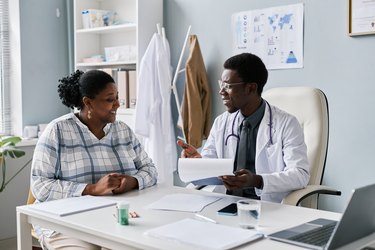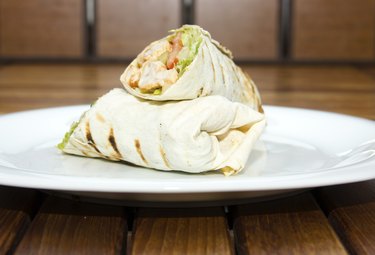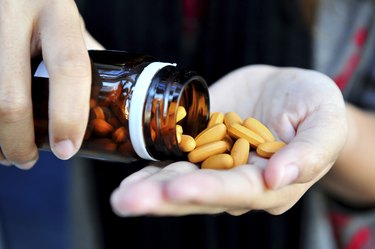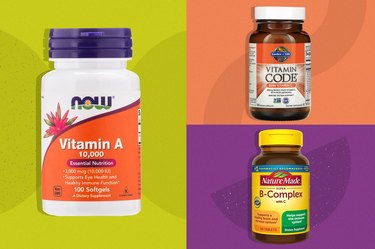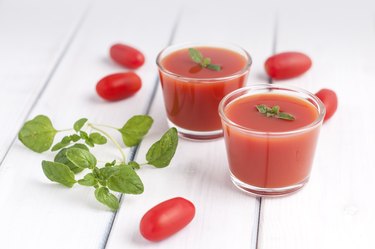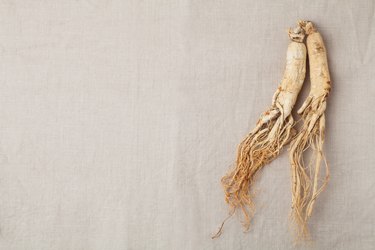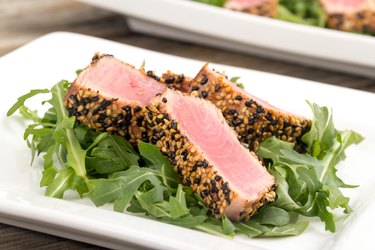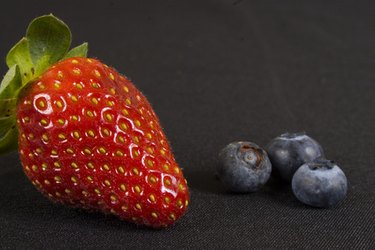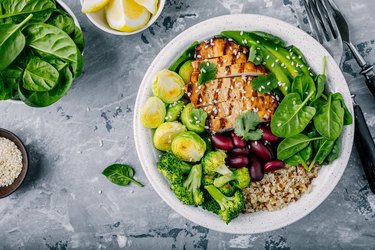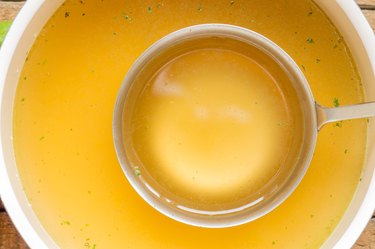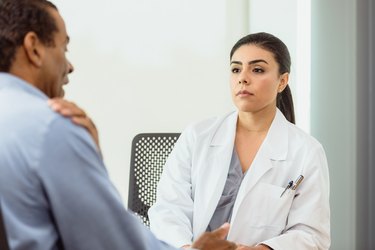At our surgeries and operations page, we understand that undergoing surgery can be a complex and potentially daunting experience. We offer a variety of resources to help you better understand various surgical procedures, including information on preparation, recovery and potential risks and complications.
Our team of medical experts provides in-depth articles on specific surgical procedures, as well as general information on surgical safety and how to prepare for surgery. We also offer advice on how to manage pain and discomfort after surgery and how to speed up the recovery process.
Whether you are facing surgery yourself or are looking to learn more about surgical procedures, our surgeries and operations page has something for you. We offer practical tips for managing surgical stress and anxiety, advice on when to seek medical attention and information on various surgical facilities and providers."
